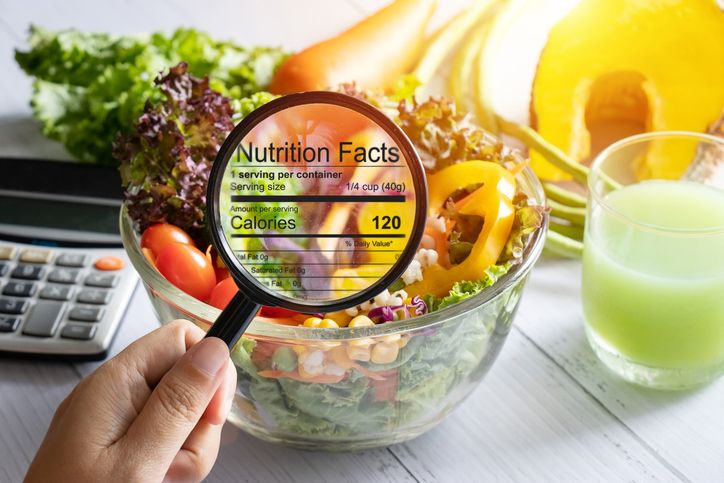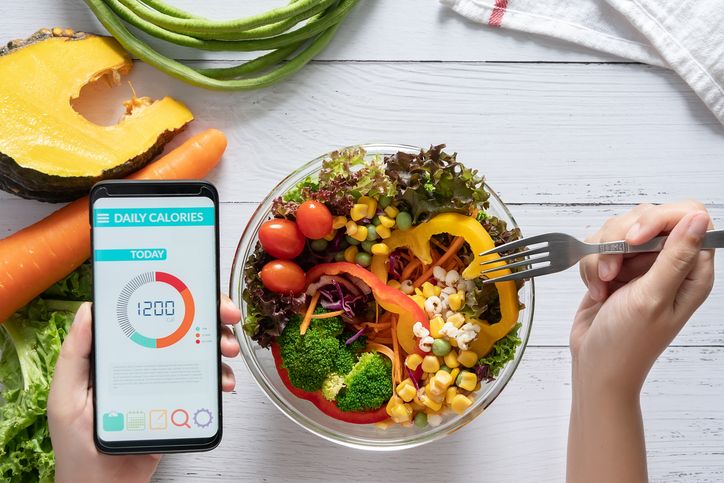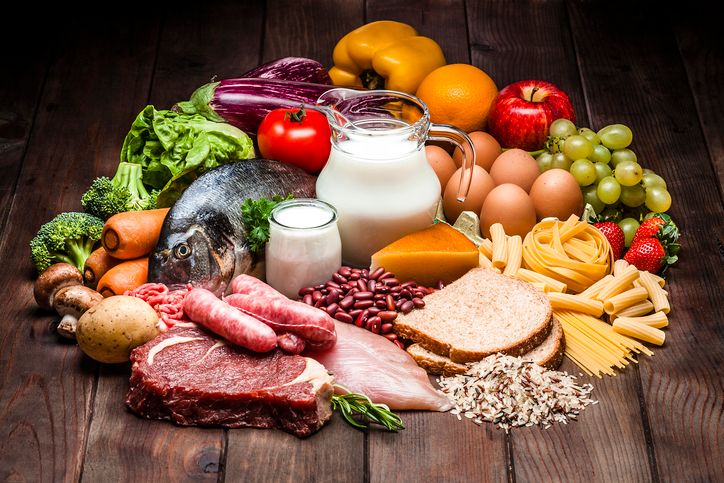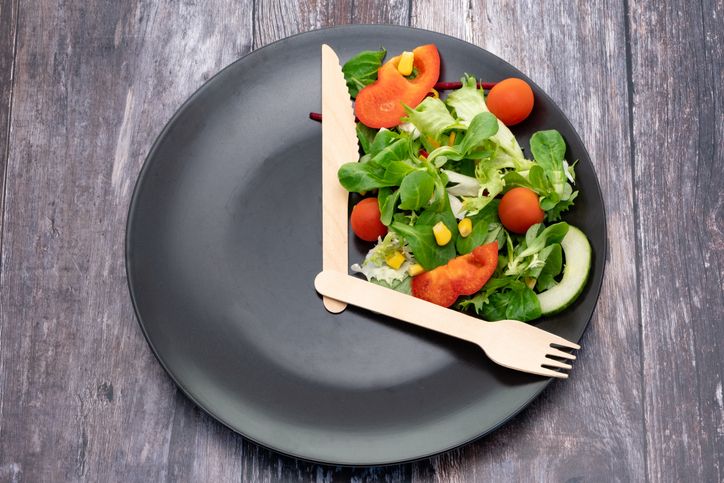
- Home
- Trend
- Weight Loss Strategies
- Acne Tips
- Hair Health Information
- Blemish Removal Tips
- Acne Scar Removal Tips
- Muscle Building Techniques
- Intimate Care Tips
- Postpartum Intimate Care
- Eye Bags Wiki
- Tips for Face Slimming
- Secret of Permanent Hair Removal
- Breast Enlargement Tips
- Cure to Snoring
- Marionette Lines
- Skin-Tightening Secrets

免費體驗
S6 Body Sculpting Treatment
1 Minute Self-Registration
Date should not be before minimal date
You're likely wondering how many calories you should eat daily to shed those extra pounds, and you're not alone - millions of people are searching for the magic number to achieve their weight loss goals. You've heard it's all about creating a calorie deficit, but what does that really mean, and how do you guarantee you're not starving yourself or sacrificing essential nutrients?
1
What is Calorie?


2
Factors Affecting Average Daily Calorie Intake

Sex
Age
Height
Weight
Activity Level
Pregnancy, Breastfeeding and Other Physical Conditions
Medication
Medical History
- 7-Day Weight Loss Meal Plans: The Ultimate Guide To Dropping 5kg In A Week!
- Pros & Cons of Cauliflower Rice Recipes & 5 Delicious Ways to Make It
- Lose Weight While Gaining Muscles! Ultimate Guide to Circuit Training Workouts: Structure, Benefits, and Sample Workouts
- Lecithin Weight Loss: What Exactly Can This Substance Do?
3
Caloric Intake for Different Goals

For weight loss
For weight gain
For maintaining weight

4
Reducing Calorie Intake Effectively

Eat more protein and fibre
Eat less refined carb
Stay hydrated
Eat less processed foods
Drink less sugar
Workout
免費體驗
S6 Body Sculpting Treatment
1 Minute Self-Registration
Date should not be before minimal date
5
Monitoring Your Daily Caloric Intake

Fitness tracker
Heart rate monitor
Calorie calculator

6
Weight Loss Tips and Strategies

Mindful eating
Intermittent fasting
Meal prep
- Lazy Girl Slimming: Debunking 3 Ineffective “Slimming Treatments” + 9 Methods That Actually Work
- 6 Common Myths Debunked for Fitness Beginners – Learn 6 Key Tips to Burn Fat and Build Muscle in 3 Months!
- Six Ways to Do Intermittent Fasting: the Best Methods
- Clothes Slipping Off? Here’s How To Target The Shoulder Muscles + Quick Treatment For Perfect Shoulder And Neck Lines!
7
Downsides of Counting Calories

Time-consuming
Not always accurate
Can turn into eating disorder
Stressful

8
S6 Body Sculpting Treatment: Your Effective, Safe, and Easy Weight Loss Solution!


免費體驗
S6 Body Sculpting Treatment
1 Minute Self-Registration
Date should not be before minimal date
FAQ

What is a calorie?
A calorie is a unit of energy that measures the energy content in food. It represents the amount of energy required to raise the temperature of 1 gram of water by 1 degree Celsius.
What is a calorie deficit?
A calorie deficit occurs when you consume fewer calories than your body burns, leading to weight loss. A moderate deficit of 500-1000 calories per day is recommended for healthy weight loss.
How can I reduce my calorie intake effectively?
Focus on eating more protein and fiber, reducing refined carbs, staying hydrated, cutting out sugary drinks, and minimizing processed foods to create a sustainable calorie deficit and support weight loss.
Is 1200 Calories Daily Good for Weight Loss?
Yes, it can lead to rapid weight loss, but you'll need to make sure you're getting essential calories and nutrients to stay healthy.
How Many Calories Should You Eat a Day on a Healthy Diet?
Your average daily caloric ntake depends on your age, sex, and activity level. As an adult, you'll require 1,600-2,400 calories if you're female, or 2,000-3,000 if you're male, depending on your age and activity level.








